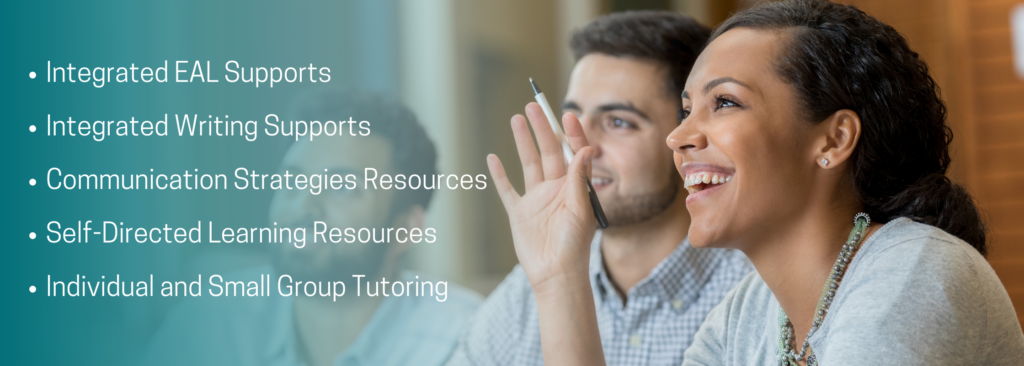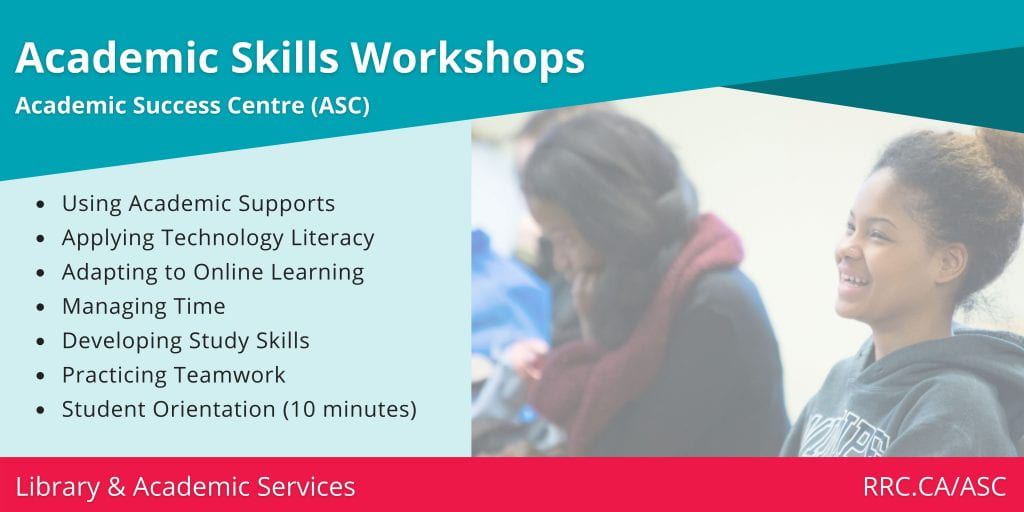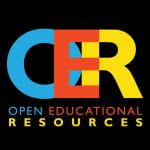Integrating Communication and Writing Supports across RRC Polytech Programs

It has been a busy fall within the English as an Additional Language (EAL) Centre and the Writing Centre of the Academic Success Centre. We have been working collaboratively with many programs to support the language and writing skill development of students, expanding our reach of program supports across the college. We have been expanding the self-directed resources available to students and instructors. Additionally, we have been continuing to support students with individual tutoring, for both language and writing skill development. We invite you to learn about the range of supports we have been delivering this term, and to find out more about how to get involved with our team!
Integrated EAL Supports:
Our team has continued to demonstrate flexibility and creativity this fall, in our delivery of language development in the online environment. Some examples of our current range of EAL supports integrated across academic programs include:
- The practice, delivery, and assessment of hosting and serving role-plays for Hospitality and Tourism Management students in the Jane’s dining experience.
- The development and delivery of professional presentation skills for students in International Business, to address both technology and speaking skill development.
- Language support to prepare for employment-related language tasks, including developing resume and cover letters, with Civil and Electrical Engineering Technology students, including collaboration with Student Employment Services.
- The development of speaking skills critical for program and coop success for Early Childhood Education students through small group and individualized online speaking practice.
For more information about Integrated EAL Supports across programs, visit us online or email EALsupport@rrc.ca.
Integrated Writing Supports:
The Writing Centre has continued to work closely with a range of college programs to offer support for students with larger writing assignments in the fall term. Some examples of current integrated writing support include:
- Weekly participation in Nursing’s Scholarly Writing-1501 writing communities peer-review sessions, offering ongoing guidance with research techniques and writing process questions and conversations.
- Planning with Diagnostic Medical Sonography faculty to provide research paper support starting in November.
- The development of a peer-tutor writing program and the hiring of three peer-tutors to support Creative Communications students to address identified needs.
- Writing workshops and individual consultations for students in Disability and Community Support, Comm-1174 and DCSP 2190 courses.
A range of synchronous group supports are also available through the Writing Centre, including workshops on the following topics:
- Writing for College
- APA Basics and APA Advanced
- Research Papers
- Professional Writing
- Proposal Writing
- Quoting, Paraphrasing, and Summarizing
If these topics will not address your needs, Writing Centre staff is happy work with faculty to customize workshop content. For more questions about or to book Writing Centre workshops, visit us online or contact Nick Schroeder at writing@rrc.ca.
“Communication Strategies” Resources:
With the launch of the newly developed suite of Communication courses, including COMM-1162, COMM-1173, COMM-2174, and COMM-3175, the EAL and Writing Centres have developed a “Communication Strategies Student Resources” landing page with a range of self-directed supports to assist students to develop the communication strategies required for success across these courses, including advocating, clarifying, investigating, making decisions, organizing, participating, planning, questioning, reflecting, repairing, and setting goals. We invite students to explore these resources to continue to strengthen these human skills, which are critical for success in both the college and the workplace.
We have also developed a parallel “Communication Strategies Faculty Resources” landing page to support instructors with students’ skill development relating to the 11 core strategies within the core Communication courses at Red River College. The resources in this webpage incorporate tools to develop and apply the 11 core strategies in class, at work, and at home for students to communicate and enhance their human skills.
For more information or questions about these resources, or our collaboration with the Math, Science, and Communication department, please contact us at EALsupport@rrc.ca.
Self-Directed Learning Resources:
We have continued to expand the range of self-directed learning resources available to both students and faculty to support language and writing skill development. A small selection of our vast range of resources includes the following:
- 15 Hybrid LEARNing modules: These offer learning strategies and resources that faculty can share with their students to further develop foundational skills for success in their studies; they can be embedded directly into LEARN courses, or students can self-enroll.
- Get Red River Ready: This hub helps students to get oriented and ready for their studies, including many recordings and resources on academic skills, communication and language skills for college, Diversity training, International Education, library research, technology skills, and more!
- Use the following videos as a starting point to learn on your own about three writing skills essential to student success.
- Student Success Skills. These resources and website links can help you as you complete your course work.
Individual and Small Group Tutoring:
As always, we have individual and small group EAL tutoring and writing tutoring available for free, at students’ request and by instructor referral. Learn more about helping your students connect with us, and connect with us at EALsupport@rrc.ca or writing@rrc.ca with any questions.
We look forward to collaborating with and supporting you and your students!
EAL and Writing Centre Team












